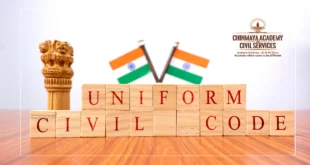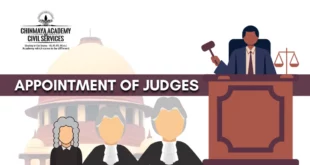The philosophy or ideals of an individual cannot be allowed to supersede the power of elected bodies to formulate policy. Courts cannot be a forum to transform the perspective of an individual into a mandatory policy of the government, the Supreme Court has said in a recent judgment. “Perspective of individuals may vary, but if the elected bodies which have policy formulation powers, are to be superseded by the ideals of each individual, the situation would be chaotic. The policies formulated and the legislation made, unless they fall foul of the Constitution of India, cannot be interfered with,” a three-judge Bench of Chief Justice Ranjan Gogoi, Justices Sanjay Kishan Kaul and K.M. Joseph observed in a judgment on December 14. The court was hearing an appeal against the wide discretionary powers given to the Commissioner of Brihanmumbai Municipal Corporation. The observations came in a verdict on a petition filed by NGO Janhit Manch which challenged the Maharashtra government scheme to give transferable development rights (TDR) to private landowners who have transferred a portion of their land to the government as and when it has required such private land to build or expand public utilities like grounds, gardens, bus stands, and roads. This TDR, conferred in the form of a Development Rights Certificate, can then either be used by the owner of the acquired land for himself or sold in the open market to builders. The NGO questioned whether the State, financially unable to provide housing to encroachers on public and private lands, could grant TDR to builders to be used in the suburbs of Mumbai and permit an increase in Floor Space Index. The judgment said the Bombay High Court has already examined the matter in detail and appointed an amicus curiae. Justice Kaul, who wrote the judgment, said “local problems must be attended to locally.” “The High Court is a Constitutional Court. The State Court is best equipped to look into local matters, especially where the area development and zoning regulations of the State or the city are in question. The problems and solutions may vary from State to State. It is really not for this court to sit as an appellate court over these matters, unless some patent illegality is shown, or it is shown that there is any contravention of the constitutional mandate.” the apex court said, dismissing the NGO’s appeal.
Check Also
Appointment of Judges
Why in NEWS On Monday (08.01.2024), India’s Chief Justice D.Y. Chandrachud announced that in order …
 Chinmaya IAS Academy – Current Affairs Chinmaya IAS Academy – Current Affairs
Chinmaya IAS Academy – Current Affairs Chinmaya IAS Academy – Current Affairs



